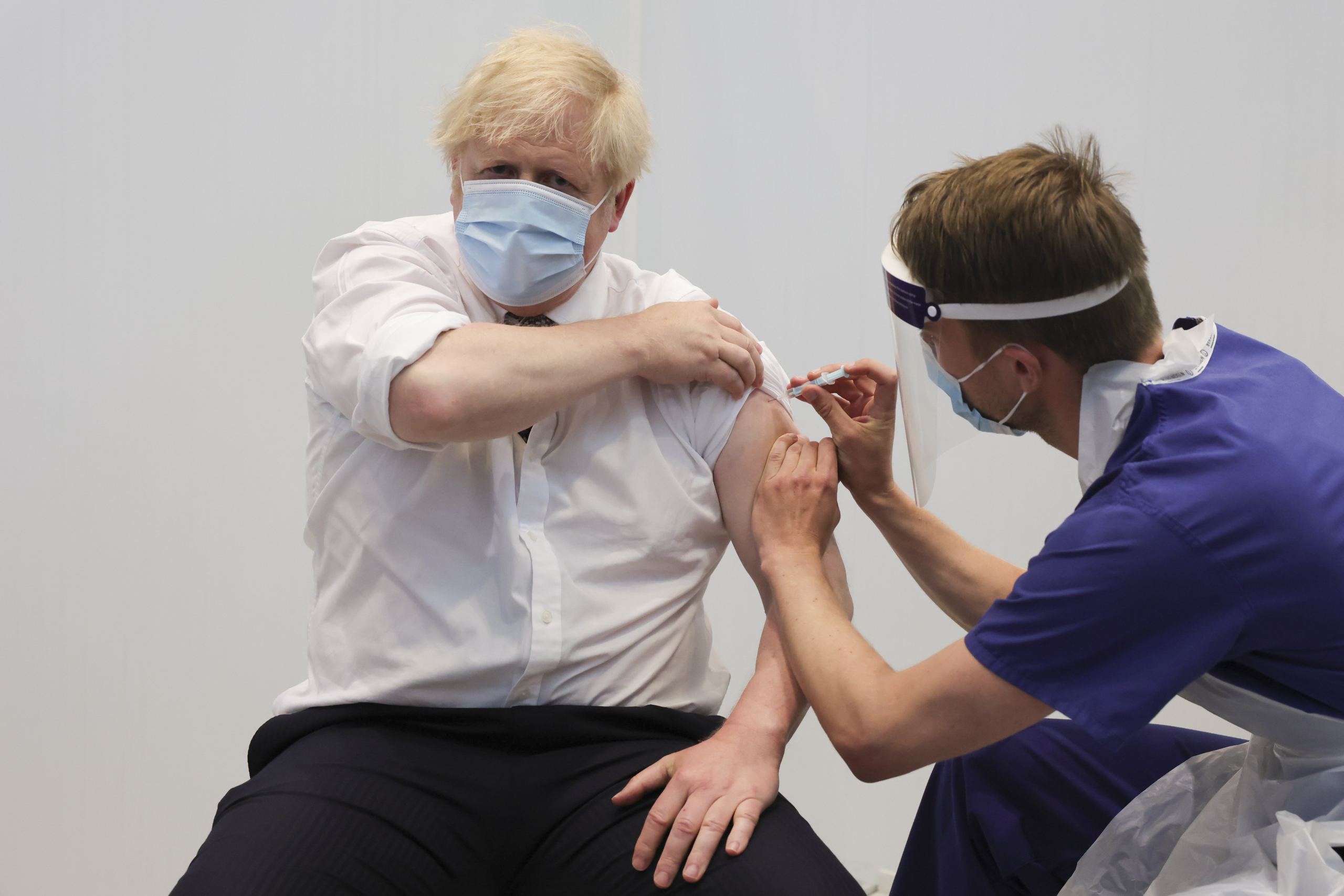6 Facts About COVID-19 Vaccination in the United Kingdom
 The World Health Organization (WHO) officially labeled the coronavirus outbreak a global pandemic in March 2020. This declaration pushed scientists and pharmaceutical companies around the world to develop vaccines. By December 2020, the United Kingdom, which includes Scotland, England, Wales and Northern Ireland, became the first country to approve COVID-19 vaccines for the public. To date, the U.K. is on track to achieve herd immunity, with close to 67% of its total population vaccinated with one dose and nearly 50% vaccinated with two doses. Although definitions of herd immunity vary, it generally involves vaccinating a majority of the population to reduce the spread of disease. Considering the success of COVID-19 vaccination in the United Kingdom, below are six facts about the current situation.
The World Health Organization (WHO) officially labeled the coronavirus outbreak a global pandemic in March 2020. This declaration pushed scientists and pharmaceutical companies around the world to develop vaccines. By December 2020, the United Kingdom, which includes Scotland, England, Wales and Northern Ireland, became the first country to approve COVID-19 vaccines for the public. To date, the U.K. is on track to achieve herd immunity, with close to 67% of its total population vaccinated with one dose and nearly 50% vaccinated with two doses. Although definitions of herd immunity vary, it generally involves vaccinating a majority of the population to reduce the spread of disease. Considering the success of COVID-19 vaccination in the United Kingdom, below are six facts about the current situation.
6 Facts About COVID-19 Vaccination in the United Kingdom
- The U.K. developed the Oxford-AstraZeneca vaccine. University of Oxford scientists worked in collaboration with the English pharmaceutical company AstraZeneca to develop this vaccine. In January 2021, an 82-year-old man named Brian Pincker was the first to receive the Oxford-AstraZeneca vaccine in England. The U.K. government currently has access to 100 million doses of Oxford-AstraZeneca and 50 million doses of the Pfizer, Moderna and Janssen vaccines.
- Vaccination programs vary across the U.K. England, Northern Ireland, Scotland and Wales each have their own health care systems and chief medical officers. As a result, vaccination programs and policies vary between nations. For example, Scotland first vaccinated residents in care home facilities, whereas England vaccinated community members above the age of 80. Despite these differences, all four nations generally agree on the priority list of people eligible to receive vaccines. They all follow the advice that the U.K.’s independent Joint Committee on Vaccination and Immunization gave them.
- The U.K. offers vaccines to certain age groups. The National Healthcare Services (NHS) in Scotland, Wales and Northern Ireland currently offer vaccines to people older than 18. However, NHS England currently offers vaccines to people older than 23. As the rollout of vaccines continues in the coming months, this age limit will lower. In all four nations, people under the required age limit can receive the vaccine if they have pre-existing medical conditions, including lung conditions, diabetes, kidney disease, etc., that make them clinically vulnerable to COVID-19.
- The U.K. offers vaccines to frontline workers. Across the U.K., frontline workers can receive COVID-19 vaccines regardless of whether they meet age requirements. Frontline workers include healthcare workers, social workers, hospital receptionists, mail carriers, funeral home directors and childcare providers.
- The U.K. will donate vaccines to other countries. In a recent G7 meeting in Cornwall, British Prime Minister Boris Johnson pledged more than 100 million vaccines to countries in need. As a group, leaders of the G7 countries, including the U.S., U.K., Canada, France, Germany, Italy and Japan, committed to donating 1 billion vaccines to countries around the world.
- COVID-19 vaccination in the U.K. can reduce poverty. At the beginning of the pandemic, unemployment in the U.K. reached 5% for the first time since 2016. This is a direct result of in-person venues and institutions closing for public health concerns. COVID-19 vaccination efforts can help reopen in-person institutions, reinstate jobs and lift people out of poverty.
Looking Ahead
Overall, COVID-19 vaccination in the United Kingdom shows success as more than 79.3 million people have received at least one dose of the vaccine. People receive these vaccines in community pharmacies, hospitals, local general practices and other vaccination sites around the country. As a result, the U.K. government is currently on track to vaccinate all adults soon.
In the words of British vaccines minister Nadhim Zahawi, this constitutes a “fantastic milestone and cause for celebration.” As more people get vaccinated, the U.K. government will be able to ease lockdown restrictions and reintroduce a sense of normalcy in society.
– Chloe Young
Photo: Flickr
